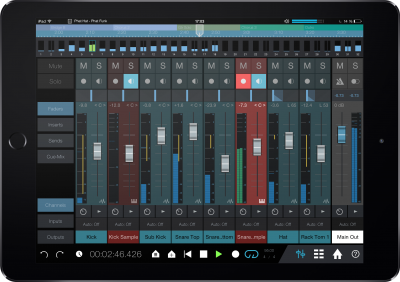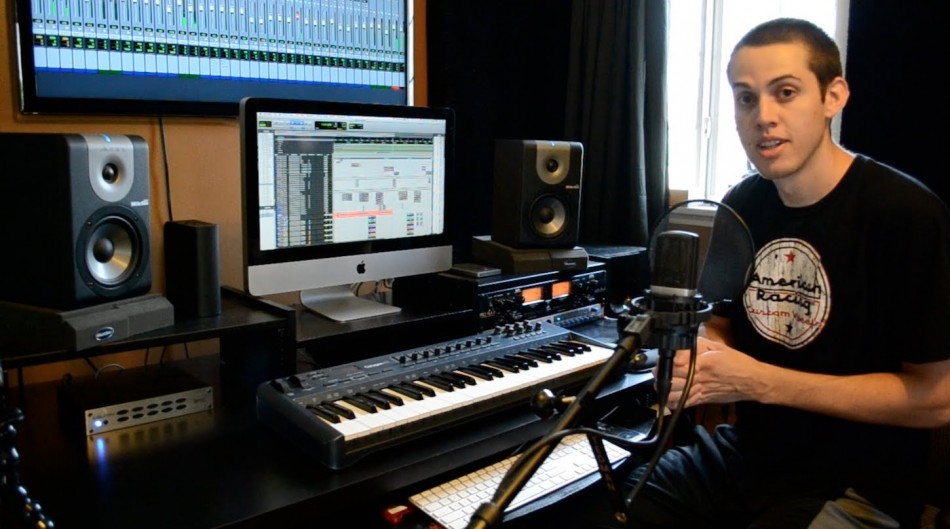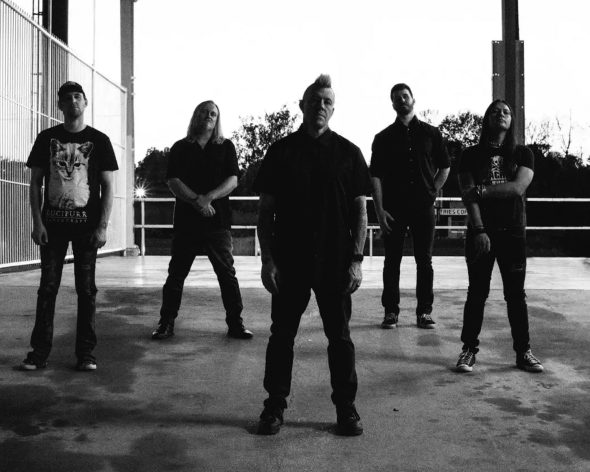One important consideration
When preparing to build a home music studio, you need to determine the best equipment to purchase — a computer, a digital audio work station (DAW), which is your recording software, an audio interface or sound board, studio monitors and other equipment such as microphones, headphones and audio cables. There are plenty of articles, videos and diagrams out there on choosing the right home studio equipment, for your studio set up, and setting up your home recording studio.

Keep in mind that if you plan to work with other studios, engineers or producers, the professional standard DAW is ProTools, but if you use another DAW such as Ableton Live, Apple Logic Pro or PreSonus Studio One, you should be able to transfer your audio files into the studio’s DAW.
Deciding on the right mix of components can take some time to research what’s out there, compare prices and place orders. Setting up your system requires technical expertise to ensure all components that need to talk to each other do.
Using the system requires yet another type of technical expertise. For example, if you purchase ProTools and plan to be your own audio engineer, you may learn how to use the software by watching professional sound engineers work, taking classes or watching do-it-yourself videos.
All of these technical considerations mean using the left side of your brain for logical and rational thinking. The challenge in being a home studio user is that as an artist, you need to also use the right side of your brain to create hooks and catchy melodies. This can be a challenge.
How do you maintain the artistry you need to compose and arrange exceptional music while being a recording engineer?
One way is to try to separate the creative tasks from the technical ones. When you’re in the composition stage, as you write the music and lyrics, do not get caught up in the type of technical effects you’ll add or how you’ll layer or pan instruments. Focus on the rhythm of the song, the structure, the arrangement of the instruments. Compose certain aspects of music outside of your studio. For example, take your guitar, voice or instrument of choice and go to another location to write.
No matter how technically savvy you are, if you don’t understand composition and arrangement, your music will not have the juice that sets it apart from the music of all the so-called artists out there.
If you want to learn more about composition, listen to how the musicians in your particular genre write songs. Take a class on music theory. To learn more about arranging songs, listen to the harmony arrangements in the ones you like. Read articles on how to create great arrangements and what an arrangement is or is not. Jam with musicians who are better than you.
The point is: Musicians are artists. Geek out in your home studio, but before you consider recording a single song, you’d better understand the art of songwriting. Then go forth and create.
Tamara Halbritter is a San Francisco Bay Area freelance writer and editor who develops content for music, transportation and green industries.



